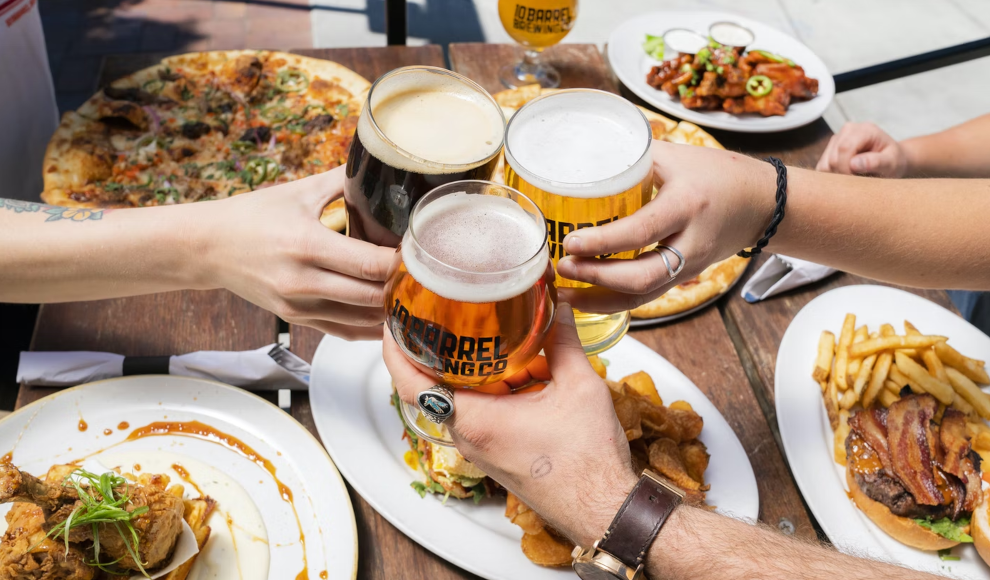Binge-Drinking Increases Risk of Alcoholism, Study Finds
A new study from the Stanford University School of Medicine has found that the risk of alcoholism is not only influenced by the amount of alcohol consumed, but also by the pattern of consumption. Binge-Drinking, in particular, is problematic. The research, published in the American Journal of Preventive Medicine, analyzed the drinking habits of over 1,200 participants over the age of 30 who regularly consume alcohol. The study found that moderate drinkers who engage in Binge-Drinking have a significantly higher risk of alcoholism than those who consume the same amount of alcohol spread out over the week.
Binge-Drinking is defined as the consumption of five or more glasses of alcohol in a single drinking session. The study found that Binge-Drinking is about five times more likely to be associated with various alcohol-related problems, such as negative effects on mental health and work, and addiction, than regular alcohol consumption. The research also revealed that the temporal pattern of alcohol consumption has been largely overlooked in previous studies, which have focused mainly on average consumption.
According to Rudolf Moos, the lead author of the study, both the scientific and media discussions on moderate alcohol consumption have overlooked the temporal pattern of drinking behavior. This has led many people to believe that moderate average consumption is safe, when in fact, the pattern of consumption is just as important. The study highlights the need for more research on the temporal pattern of alcohol consumption and its impact on alcoholism.
In conclusion, the study shows that Binge-Drinking is a significant risk factor for alcoholism, even among moderate drinkers. The findings suggest that people should be aware of the pattern of their alcohol consumption and avoid Binge-Drinking to reduce the risk of alcohol-related problems.










